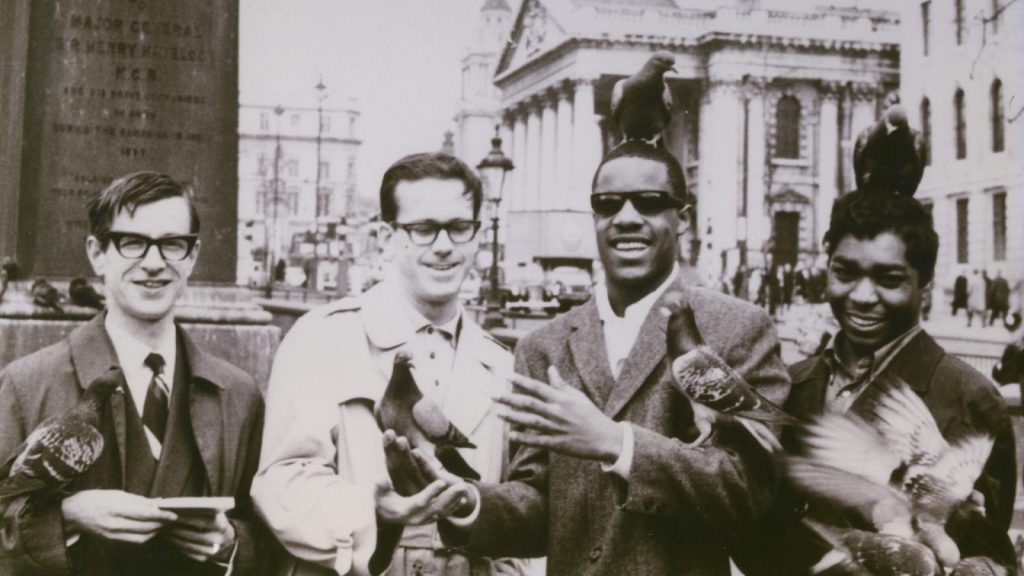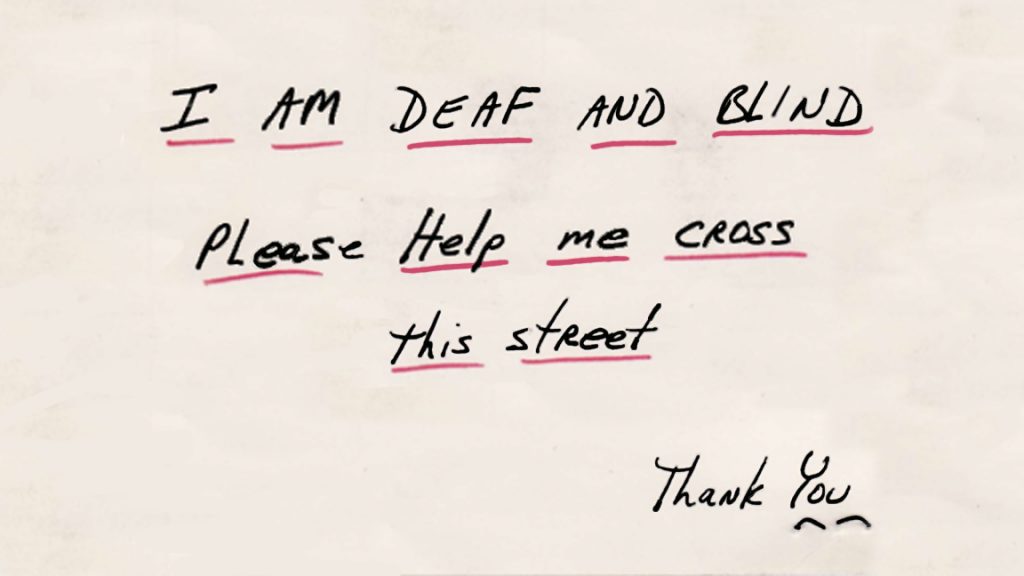“Sacred Soil: The Piney Woods School Story” Keeps Legacy Alive

A new Hulu documentary, “Sacred Soil: The Piney Woods School Story,” highlights the Piney Woods Country Life School located in rural Mississippi, 20 miles from Jackson. Established in 1909 by Laurence C. Jones. Piney Woods is the oldest of four historically African American boarding schools and has a rich history of pioneering education for blind Black students.
Laurence C. Jones, a graduate of the University of Iowa, founded Piney Woods in response to the high illiteracy rates in Mississippi. With a deep commitment to education, Jones accepted payments from students in the form of fruits, vegetables, and nails, reflecting that the first students were the children of sharecroppers.
While the documentary does not delve into Piney Woods history as a school for the blind, the M.C. Migel Memorial Collection here at APH includes various materials on both Laurence Jones, who is honored in the APH Hall of Fame of Leaders in the Blindness Field, and Piney Woods. In 1929, the Mississippi Blind School for Negroes was established there, marking a significant milestone as it was the first formal educational institution for blind Black students. By the 1940s, these students were fully integrated into high school classes, making groundbreaking strides in BVI education.
One of the notable figures associated with Piney Woods was Martha Louis Morrow Foxx, a blind educator and principal of the Mississippi Blind School for Negroes. Foxx, also honored in the APH Hall of Fame of Leaders in the Blindness Field, was instrumental in creating the Cotton Blossom Singers, a musical group that toured and performed spirituals. This group later evolved into the Five Blind Boys of Mississippi, who you can hear in our Blind Musicians Collection.
In 1945, Helen Keller visited the school and appealed to the Mississippi Legislature for equal funding for blind Black students. This advocacy led to the establishment of separate schools for Black and white blind students in Jackson between 1948 and 1950, which were later consolidated in 1980.
The documentary focuses on the present-day Piney Woods School, with pictures, videos, and snippets of its history. It discusses how the school, whose campus is nearly 2,000 acres, (Kentucky School for the Blind’s campus is 15 acres) maintains its continued commitment to agricultural programs and traditional chores. Today, the private, college-prep school serves students from grades 9-12, attracting learners from across the U.S. and around the world. The school maintains its dedication to college preparation, with most graduates going on to further their education.
Watch the documentary and check out the digitized APH Library resources listed below to learn about Piney Woods School’s enduring legacy in education.
- A Pictorial History of the Piney Woods Country Life School: Fortieth Anniversary 1910-11 – 1950-51 by Laurence C. Jones
- Piney Woods and Its Story by Laurence C. Jones
- The Spirit of Piney Woods by Laurence C. Jones
- A Brief Historical Sketch of the Early Days of Piney Woods School by John R. Webster
- My Education at Piney Woods by Doris James
Share this article.
Related articles

Perspectives on a Piano
Photo caption: Left to right, unknown man, Ted Hull, Stevie Wonder, and Hamilton Bohannon in Trafalgar Square, London on concert...

We Should Not Forget: A Black History Month Profile of Vince Male
A Museum guest blog by the Rev. Dr. Eugene A. Bourquin Sometimes our history – our heroes – slip...
